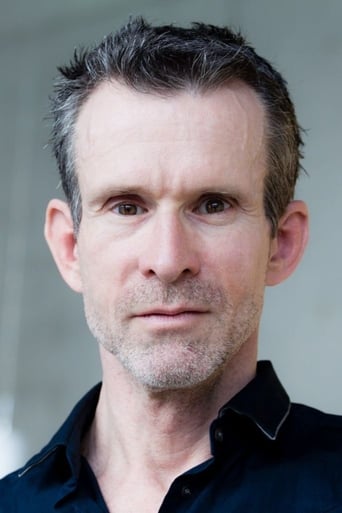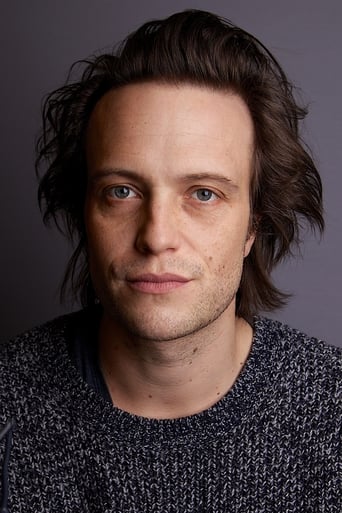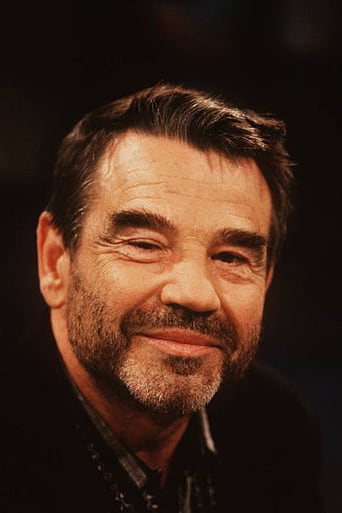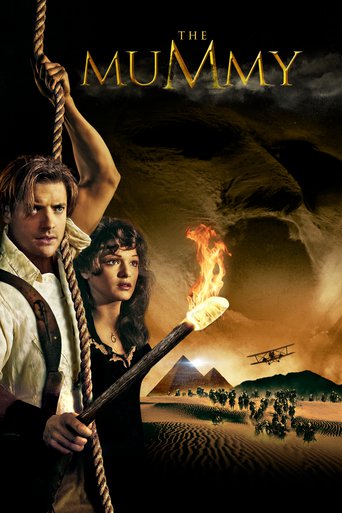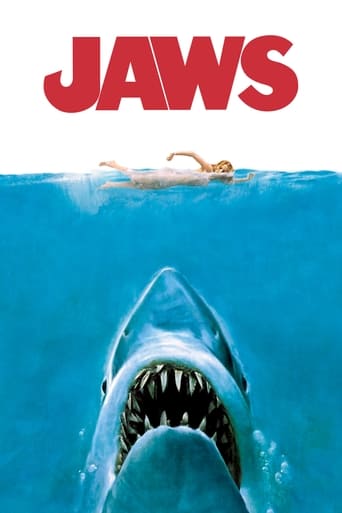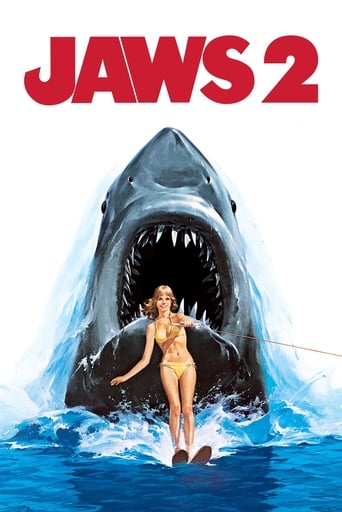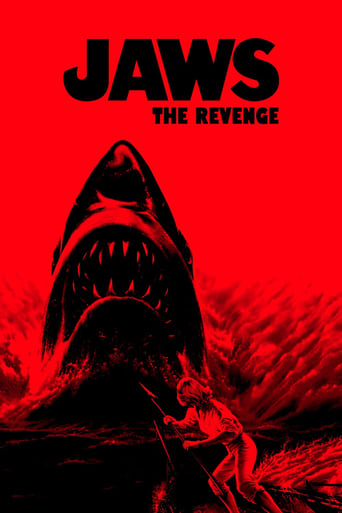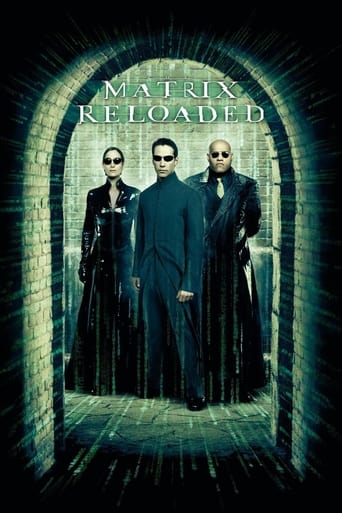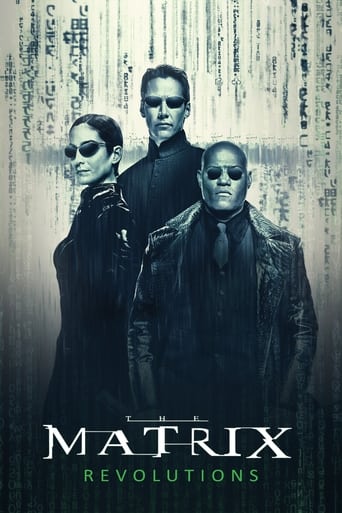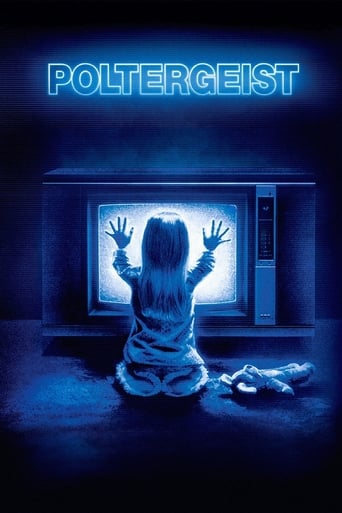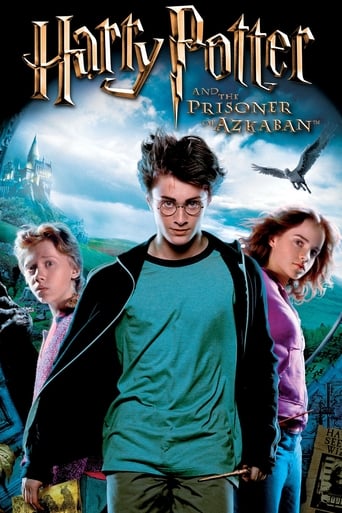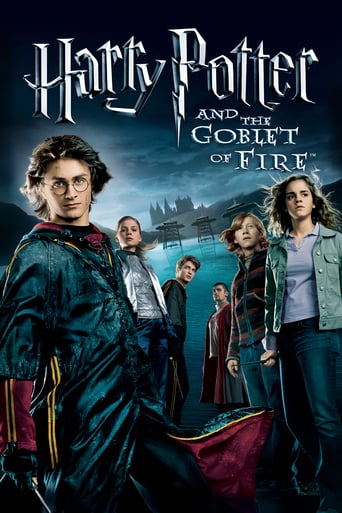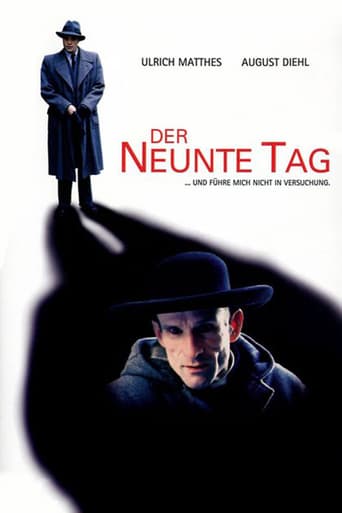
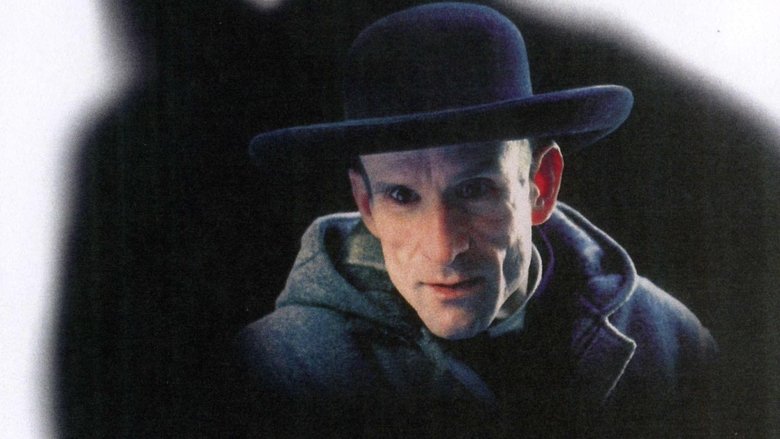
The Ninth Day (2004)
A drama loosely based on Jean Bernard's Nazi-era prison diary.
Watch Trailer
Cast


Similar titles
Reviews
This is a truly powerful film. Faith is not a prerequisite to having an almost religious experience in viewing it.
This movie is full of symbols, noticeable and hidden, and takes quite a different step from other WWII movies. A test of will and faith is the lesson that we are given, and I must admit, the whole concept of Judas as the traitor and Luxembourg as the had me confused at moments because above all, "Der Neunte Tag" is a very philosophical movie.Somebody mentioned the word "propaganda of the Catholic church" in a previous comment-well here's my thoughts on this. When's the last time you celebrated Christmas, had an Ester egg, saw a Pope on TV (not to mention-DIDN'T see any Jewish, Islamic, Hindu, Taoist and other important religious figures) or just passed a Catholic church on the way home. We are surrounded by propaganda, and because a monstrous conqueror of the world used it to achieve his objectives almost 70 years ago people make your so called "propaganda" of the 2nd World War as well, right? Don't be so ignorant and offended without a cause my man-it's the Catholic church that started most historical and current wars in the first place.Now, back onto the tracks. Well written, well acted (I got a chance to ask August Diehl some questions and congratulate him for his role- the 16th Ljubljana Film Festival rocks!!!), and well paced "Der Neunte Tag' is a memorable movie that has something to say and let's you decide everything else. "It's a philosophical sport, boomerang: you give something and it comes back to you"9/10 - Recommendations-Anyone seeking a thought provoking movie
This movie has been unduly panned by IMDb critics as being Catholic propaganda, when there is hardly any. It's actually an exploration of questions on faith and morality, viewed from the perspective of Rev. Henri Kremer, a priest who has been "on leave" from Dachau to convince the Bishop of Luxemburg to support Nazism, who has been a silent opponent all throughout. At one point the film even mentions that the Pope however congratulated Hitler on his birthday - that clearly indicates the acquiescence of the Catholic world - to me that's quite the opposite of propaganda.**** SOME SPOILERS AHEAD **** The movie chronicles each of the 9 days that Rev. Kremer is allowed, and his conversations with Gestapo officer Gebhardt. When Kremer fails to convince the Bishop, he is persuaded to write a memo himself, given his own respectability due to his family status. In return he can have all the priests in Dachau released. Kremer at one point thinks he is being like Judas betraying the Christian cause (also to be noted that his personal cash upon release amounted to 30 marks), which Gebhardt, a former theology student himself, argues is a necessary evil, because without Judas there would be no martyrdom of Christ, and hence no Christianity. Rev. Kremer also learns that by giving Nazi policies the official blessing of Catholicism, he can be responsible for the deportation of thousands - although some 40 priests could be let go from Dachau. The resulting dilemma of Kremer dominates the movie.Ulrich Matthes is very convincing in the role of Kremer with his sunken cheeks and eyes, and watch the young actor August Diehl in the role of Untersturmfuehrer Gebhardt.
The basic idea of this film is rather interesting. There was a catholic priest from Luxembourg imprisoned in the concentration camp Dachau during the Second Word War. He wrote a diary describing daily camp life. But for 9 days he is allowed to get back to his family for the funeral of his mother. It is known that he is interrogated by the GESTAPO. But he does not tell anything about it in his diary. So the film fills the historic gap with some fiction. We are told the story of a young Nazi official who tries to convince the priest to get his bishop to stop his passive resistance. So far so good. Quite conceivable that this actually happened. But. The whole thing is just not believable. The dialogs are weak, so far as there are dialogs at all. Most of the time Uli Matthes, who is supposedly one of the best German actors, is silent. You just see his face with an expression that you can put anything into. That of course is impressive. But it is not acting. We are told that he is brilliant, but it is never shown. He just has switched uniforms. He recently played Goebbels in the Downfall. What I had expected was some real intellectual argument between the Nazi guy and a catholic intellectual. There is next to nothing of it. Some argument about Judas but it is never clear what this is supposed to proof. There is never a moment of doubt about the outcome of the "intellectual battle". And because of this the film is a failure. Very good music, though and some good scenes of the concentration camp life.


